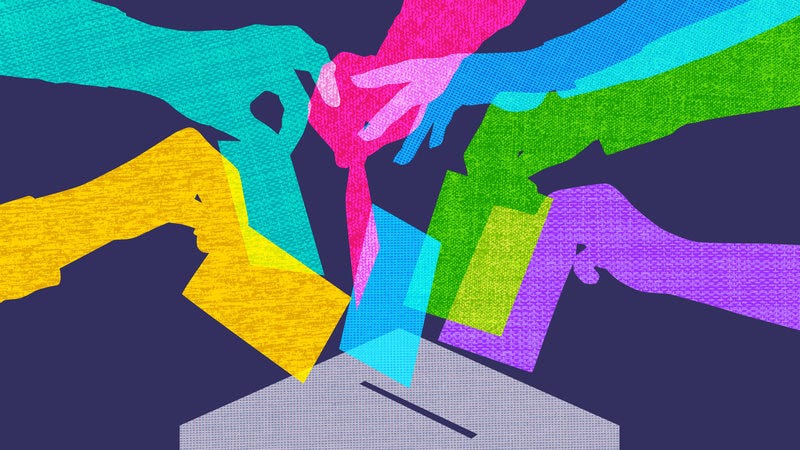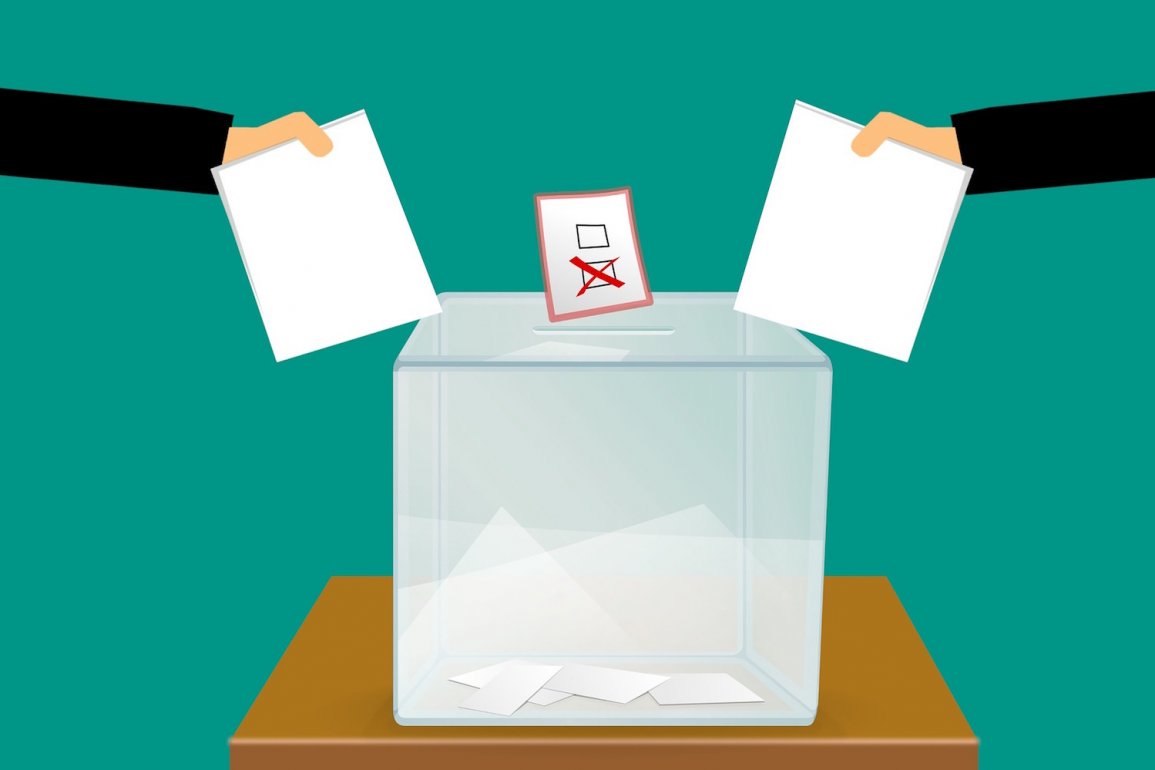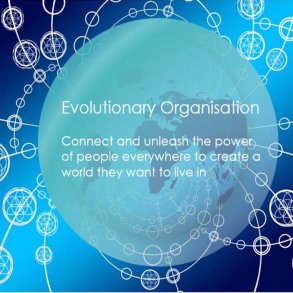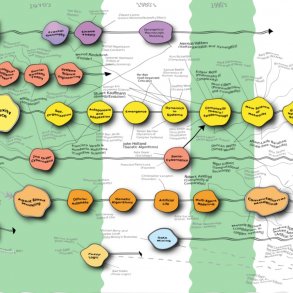By Usha Gubbala and originally posted for August company on medium.com
I’m standing in line today to exercise my right to vote for the first time. Despite growing up in the US, I’ve only recently become a US citizen.
As I excitedly wait in an hour long line, I hear multiple comments around me that make me acutely aware of my own workplace privilege. People all around me are restless to finish, weighing their obligations at work, feeling the impending wrath of their managers for coming in late. People wishing Election Day was a national holiday, so voting didn’t feel like such a tradeoff of obligations.
Perhaps one of the only benefits of Trump being in office is the way his appointment has pushed us out of our complacency and has us leaning into our civic engagement. I felt sad to see how so many people were struggling with the tensions this choice elicited.

I’m incredibly lucky because my workplace recognizes the importance of this crucial duty. I’ve found resources for research from my peers that have been invaluable in my decision making. My colleagues were loud and encouraging about registering to vote. Some of our team members have been actively phone banking in the lead up to the election. Finally, most relevant to election day, I know without a shadow of a doubt, if I chose to spend my day volunteering at the polls, I would have permission, encouragement, and likely company.
This is something I took for granted, until I stumbled upon the contrast. While the woman behind me is on the phone complaining about having to be late to work, I look down on phone to this response:

As we contemplate the future of work and designing organizations to be responsive to the demands and uncertainty of our current world, we cannot separate the consideration of our greater environment- including and especially our political environment. We’re well past the stage where Corporate Social Responsibility hubs within organizations and donations to causes suffice. Organizations are shaping and influencing our world, and our environment in deep and impactful ways. For the most part, this impact hasn’t been positive, and CSR has been primarily just lip service.
Today, I want to call on all of us to break the imaginary wall between work and our broader social, political, and environmental context. What we do every single day matters. Our choices in every moment, especially within the massive systems we are a part of, have deep impact.
I frequently fall into the trap of feeling enough hopelessness that disengagement from the chaos seems like the only way to maintain my sanity. I even take a little bit of pleasure in the cynicism and assuming impending doom due to climate change. From a deeper, existential perspective, I really do hold open the possibility that all of this comes towards an implosion point. Some days that knowledge fuels a sense of hopelessness. But on days like today, it only fuels my recognition of how much every choice we make matters.
This is especially true for organizations we build, support, and fuel each and every day- we are responsible for showing up as consciously as possible. We are responsible for breathing life and care into our social, political, and environmental obligations each and every day.
On this day in particular, I feel tremendous gratitude for people showing up to vote, people volunteering at the polls, people spreading awareness all around, and more than anything else, the ability to cast our ballots and stand for our democracy.
Republished with permission of the author.
Featured Image/graphic link added by Enlivening Edge Magazine.





Thank you Usha. I am shocked to hear that some people don’t have the right to time off work to vote, and I empathise with your flip flop between hopelessness and gratitude. We cannot give up on the possibility of a miraculous turn around.
Yesterday I was out on the streets in Manchester UK with Extinction Rebellion. Somehow we have to be able to hold both of those feelings simultaneously because both are valid responses. When we talk to others, we don’t want to counter the one response with the other as though one is more right. That means being conscious at all times of where we are on that spectrum, and allowing for the validity of the full spectrum which stretches from hopelessness to celebration.
Containing those contrary feelings within our consciousness allows for more agile responses to others who may be anywhere on that spectrum, and can avert getting into sterile debates. Rather we can listen to what might appear to be negativity without feeling personally attacked. Supporting others to give voice to their feelings can enable them to feel significant, that they matter, that everyone’s voice matters. To do that first we need to be fully in touch with the full spectrum of our own feelings.